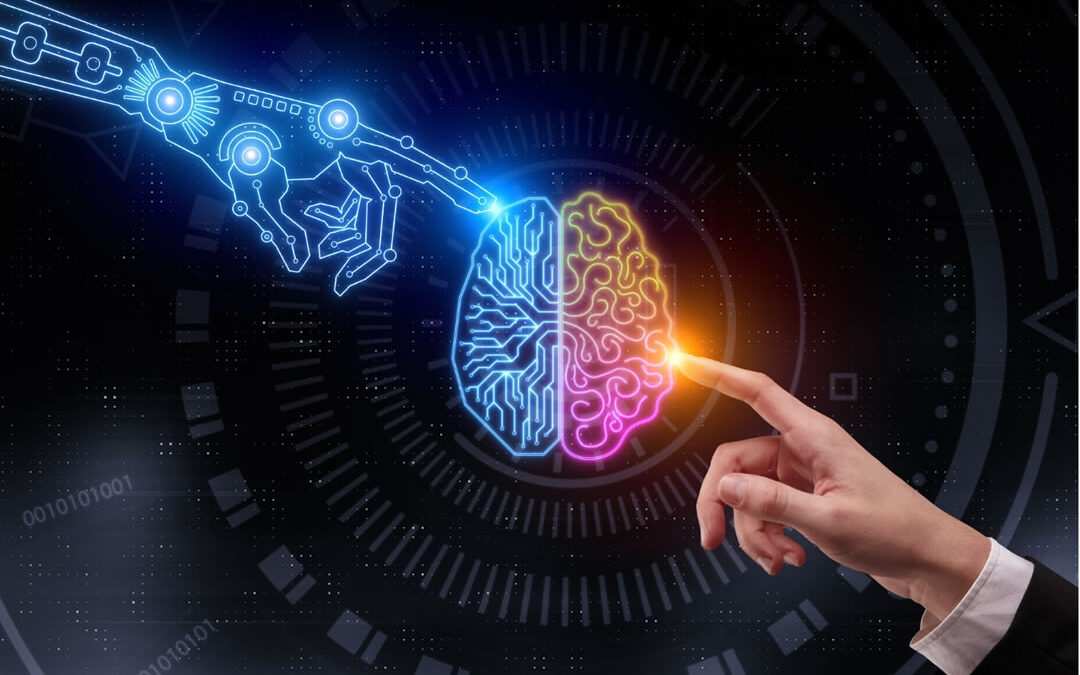Introduction – Artificial Intelligence is Revolutionizing Psychology
Artificial intelligence (AI) is rapidly transforming many industries and disciplines, including psychology. AI-powered tools and technologies are being used to improve the diagnosis and treatment of mental health disorders, develop new educational programs, and gain deeper insights into the human brain.
This article will explore the dawn of AI in psychology, examining how AI is being used to revolutionize the field. We will discuss the following key areas:
- AI in diagnosis and treatment: How AI is being used to develop more accurate and personalized diagnostic tools, as well as more effective treatment interventions.
- AI in education: How AI is being used to create personalized learning experiences and provide real-time feedback to students.
- AI in research: How AI is being used to analyze large datasets and identify patterns that would be difficult or impossible for humans to detect.
AI in diagnosis and treatment
One of the most promising applications of AI in psychology is in the area of diagnosis and treatment. AI-powered tools can be used to develop more accurate and personalized diagnostic tools, as well as more effective treatment interventions.
For example, AI-powered diagnostic tools can be used to analyze brain scans and identify patterns that are associated with different mental health disorders. This can help clinicians to diagnose disorders more accurately and earlier, when they are most treatable.
AI can also be used to develop personalized treatment plans for patients. By considering each patient’s individual symptoms, history, and other factors, AI can help clinicians to develop treatment plans that are more likely to be effective.
AI in education
AI is also being used to revolutionize education in psychology. AI-powered tools can be used to create personalized learning experiences and provide real-time feedback to students.
For example, AI-powered learning platforms can adapt to the individual needs of each student, providing them with the right level of challenge and support. AI can also be used to develop personalized learning plans for students, based on their individual strengths and weaknesses.
In addition, AI can be used to provide real-time feedback to students on their work. This feedback can help students to identify their strengths and areas for improvement, and to make necessary adjustments to their learning.
AI in research
Here too, artificial intelligence is revolutionizing Psychology.
AI is also being used to gain deeper insights into the human brain and to develop new theories about how the mind works. AI-powered tools can be used to analyze large datasets of brain scans and behavioral data, identifying patterns that would be difficult or impossible for humans to detect.
For example, AI has been used to identify new neural circuits that are associated with different mental health disorders. This research has led to the development of new treatment interventions that target these specific circuits.
AI is also being used to develop new theories about how the mind works. For example, AI has been used to develop new models of attention, memory, and decision-making. These models are helping us to better understand how the mind processes information and makes decisions.
Conclusion
Artificial Intelligence is Revolutionizing Psychology. The dawn of AI in psychology is an exciting time. AI has the potential to revolutionize the field by improving the diagnosis and treatment of mental health disorders, developing new educational programs, and gaining deeper insights into the human brain.
As AI continues to develop, we can expect to see even more innovative and transformative applications of AI in psychology. Here are a few specific examples:
- AI-powered chatbots that can provide therapy and support to patients
- AI-powered virtual reality simulations that can be used to treat phobias and other anxiety disorders
- AI-powered games that can be used to assess cognitive function and identify early signs of neurodegenerative disorders
- AI-powered tools that can help mental health professionals to identify and intervene with patients who are at risk of suicide
The possibilities are endless. AI is poised to revolutionize the field of psychology and to make a positive impact on the lives of millions of people around the world.
References:

